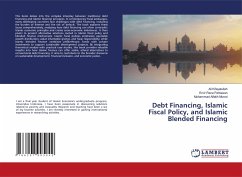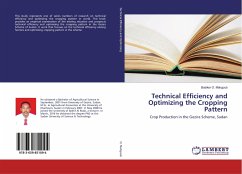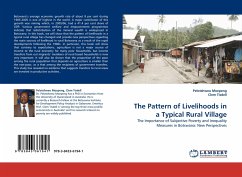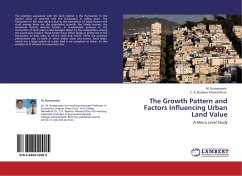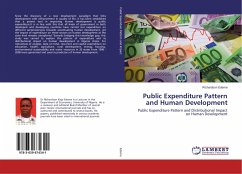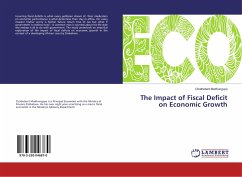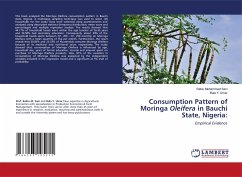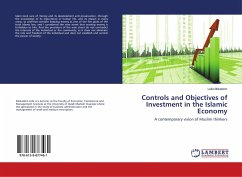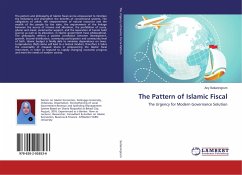
The Pattern of Islamic Fiscal
The Urgency for Modern Governance Solution
Versandkostenfrei!
Versandfertig in 6-10 Tagen
20,99 €
inkl. MwSt.

PAYBACK Punkte
10 °P sammeln!
The pattern and philosophy of Islamic fiscal can be empowered to minimize the limitations and strengthen the benefits of conventional systems. The obligations of zakah, the empowerment of natural resources and the wealth of the people by the state, the requirements of the linkage between the source of income and allocation, the prohibition of usury, gharar and maisir, social sector support, and the separation of haram halal sources as well as its allocation, in Islamic government have philosophical. The philosophy reflects a positive correlation between development, growth, income distribution...
The pattern and philosophy of Islamic fiscal can be empowered to minimize the limitations and strengthen the benefits of conventional systems. The obligations of zakah, the empowerment of natural resources and the wealth of the people by the state, the requirements of the linkage between the source of income and allocation, the prohibition of usury, gharar and maisir, social sector support, and the separation of haram halal sources as well as its allocation, in Islamic government have philosophical. The philosophy reflects a positive correlation between development, growth, income distribution, community participation and community level of faith. Islamic budget is finally able to minimize dependence on taxes. Jurisprudence (fiqh) alone will lead to a textual mindset, therefore it takes the universality of maqasid sharia in empowering the Islamic fiscal instrument, in order to respond to rapidly changing economic progress and meet the needs of modern society.



